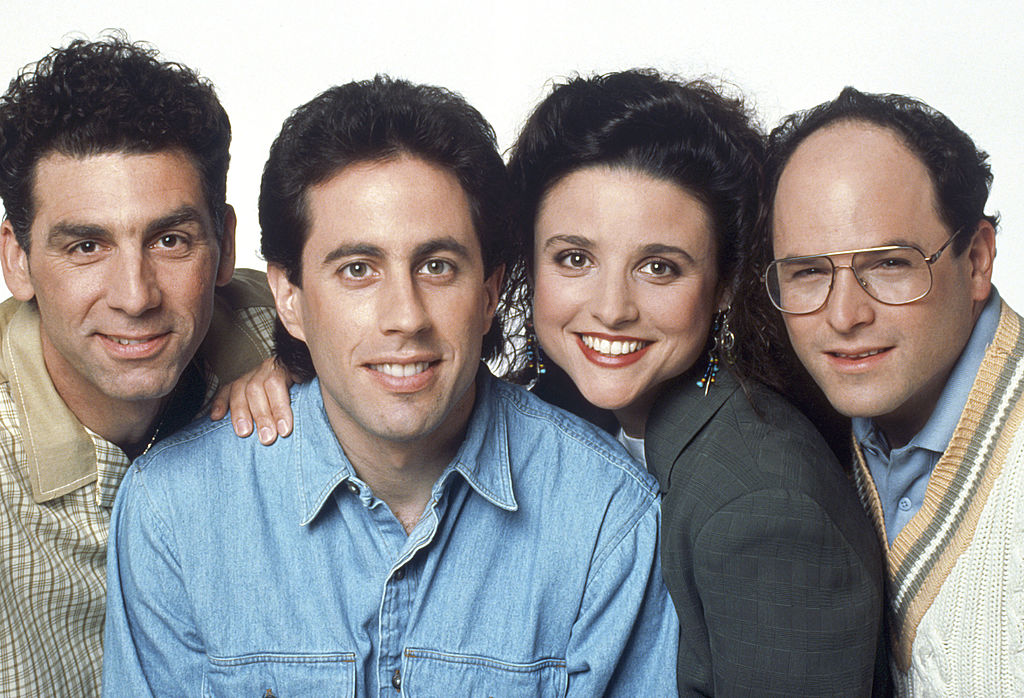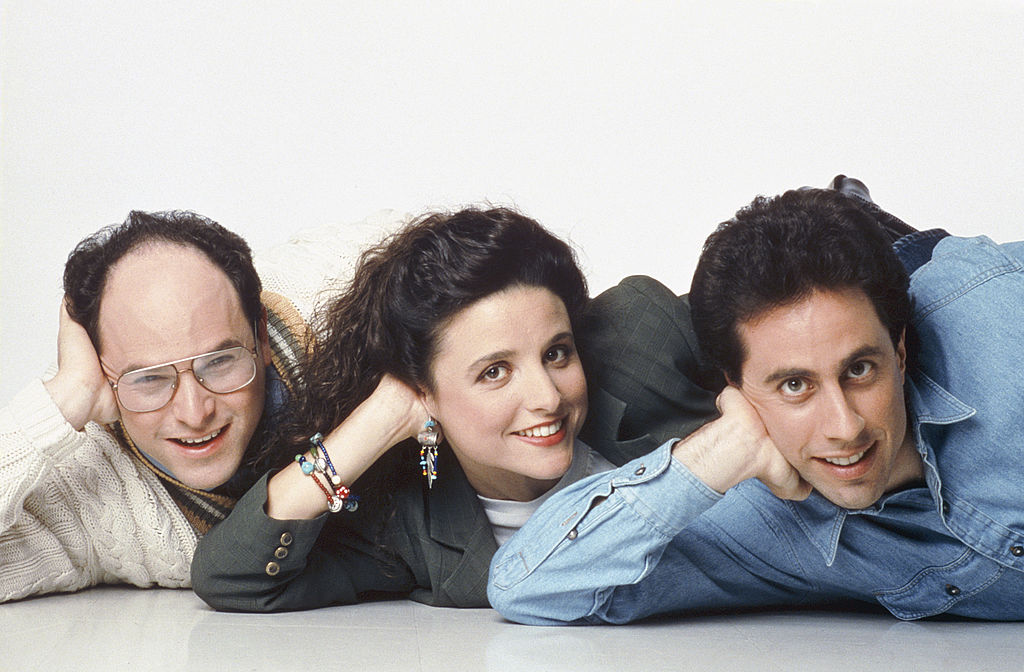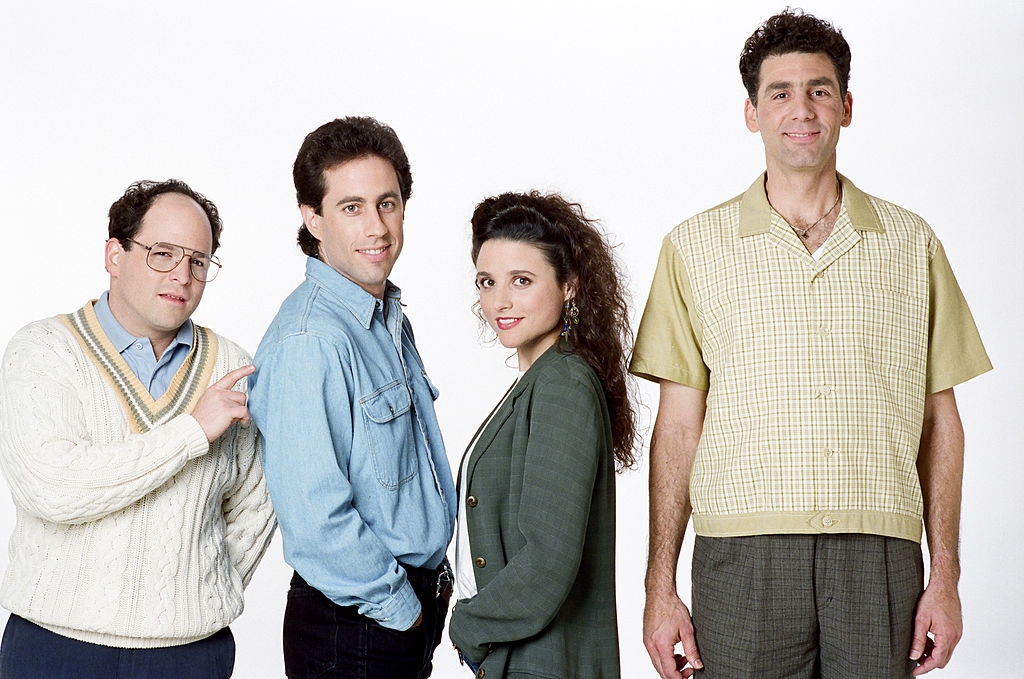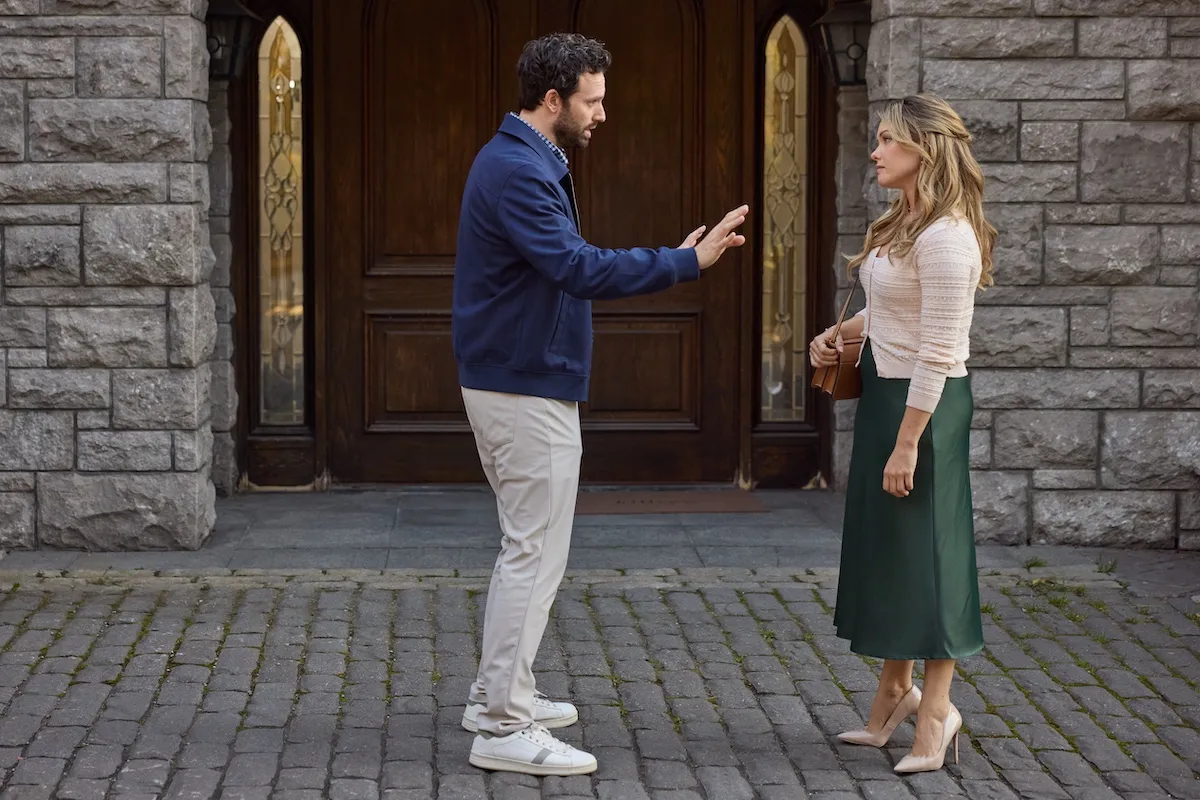Festivus: The Surprising Real-Life Inspiration Behind the ‘Seinfeld’ Holiday
The winter is home to numerous significant celebrations, including Christmas, Hanukkah, Kwanzaa, the winter solstice, and New Year’s. To a very specific type of person – the Seinfeld fan – it’s also a time for the “Airing of Grievances” known as Festivus. Let’s look at the extremely weird origins of this comedic holiday.

It’s a Festivus miracle!
A brief recap: the Seinfeld episode “The Strike” introduces a holiday called “Festivus” to the masses. In “The Strike,” George Costanza’s father reveals he became fed up with the commercialism of Christmas and decided to create his own holiday. Festivus is a bizarre family ritual for the Constanzas that takes place on Dec. 23 each year. It involves the “Airing of Grievances,” where the Costanzas angrily discuss each other’s flaws, and the “Feats of Strength,” where George and his father wrestle.
The episode is hilarious. Many Seinfeld fans considered it to be one of the show’s best. Some fans of the show have even taken to jokingly celebrating Festivus. What many don’t know, however, is that Festivus was based on a family’s winter tradition. The actual Festivus had lots of disconnected elements, making it much more strange and jumbled than the Seinfeld episode it inspired.
The real family tradition behind the holiday

Dan O’Keefe, a Seinfeld writer, explained the holiday’s origins to Uproxx. ““It is a fake holiday my dad made up in the ’60s…and then I never spoke of it again. I had actually forgotten about it because I had blotted it out of my mind.”
O’Keefe’s brother mentioned the holiday to two other writers of the show and they became intrigued by it. Initially O’Keefe was reluctant, he explained Festivus to co-workers. The “Airing of Grievances” was an O’Keefe family tradition, where Dan’s father would discuss his family’s failings. Supposedly, recordings of the O’Keefe’s “Airings of Grievances” are in an undisclosed location.
What the ‘Seinfeld’ episode didn’t show you

One element of “The Strike” that came directly from O’Keeffe’s childhood was the catchy slogan “Festivus for the rest of us,” reports Time. That slogan originally had a different meaning. O’Keefe explained the slogan referred “initially to those remaining after the death of my father’s mother, and then [it came] to mean..a forward-looking focus on life and the living.” The slogan had much more meaning in O’Keefe’s family than it did on Seinfeld.
The actual Festivus holiday was much stranger than what the Costanzas celebrated in the show. For example, the symbol of the holiday was “a clock inside a bag nailed to the wall and nearby a sign that says, ‘F*ck Fascism.’” O’Keefe describes Festivus as a floating holiday, meaning it had no set date. Every once in awhile, his father would tell him Festivus was on the way, meaning it would be celebrated within the next hour.
As you can imagine, O’Keefe disliked celebrating Festivus. He actually recalls trying to opt out of Festivus one year. Festivus bothered O’Keefe, but it helped him to write one of TV’s most beloved episodes.


